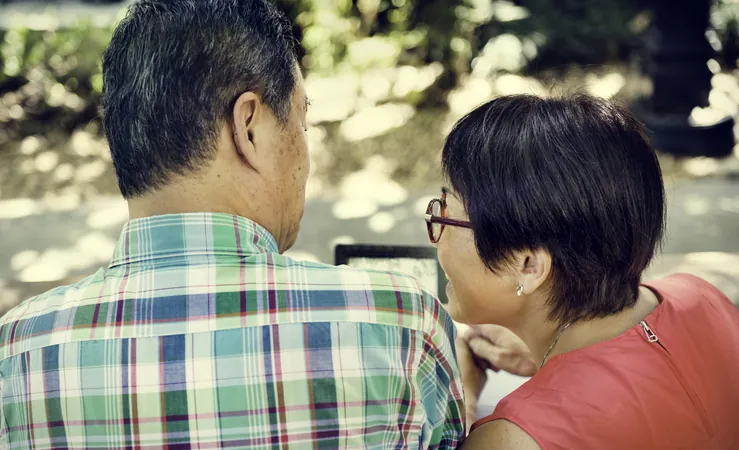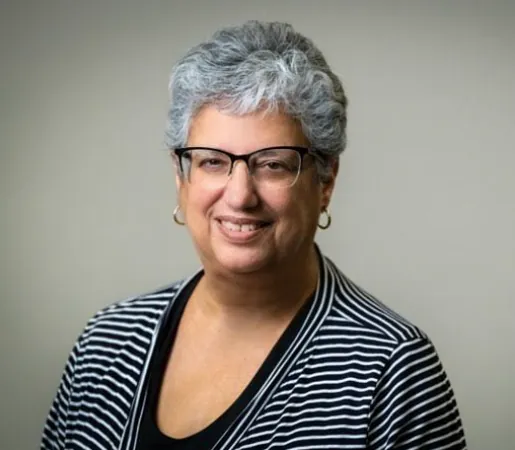
The Burden of Care: Are Unmarried Children Expected to Look After Aging Parents in Singapore?
2024-11-24
Author: Wei
SINGAPORE
A thought-provoking question emerged in an online forum this week, as a netizen sought to understand a daunting responsibility that seems to weigh heavily on the shoulders of Singaporean families. The user asked, “Is it true that for most Singaporeans, the responsibility of looking after elderly parents is almost always handed to the child or sibling who did not get married?”
This concern resonates with many, as the user shared observations from friends and colleagues, noting that this trend persists unless siblings reach a consensus to place their parents in elder care facilities. The netizen voiced a poignant sentiment: “It just feels like an automatic dumping ground for singles to become caregivers if you choose the road of singlehood.”
Financial Support for Aging Parents
Recent findings from a December 2023 report by *The Straits Times* highlight the financial support that many Singaporeans provide their aging parents. The survey of 1,000 individuals revealed that three out of four respondents regularly send money home, with nearly half reporting monthly contributions ranging between S$300 to S$500. These results underline that filial piety continues to be a core value embedded in Singaporean culture.
Perspectives from the Community
As discussions unfolded in the forum, participants weighed in with their experiences and perspectives. One commenter outlined the perceived hierarchy of caregiving roles: “The order goes like this: (1) The single daughter, (2) The married daughter without kids, (3) The married daughter with kids, and then possibly the sons.”
Another contributor, who participated in a local elder care research project, shared an insightful perspective: “Yes, to a certain extent. Most of the interview subjects were single and did not have a choice in the matter, especially if they were only children. While some arrangements were mutually agreed upon, more often than not, the role of primary caregiver seemed to be involuntarily placed onto them, leading to feelings of sadness and resentment.”
Cultural Impact and Future Directions
This conversation sheds light on a significant cultural issue, highlighting the complexities and expectations surrounding family care in Singapore. As the nation navigates its aging population, the dynamics of caregiving responsibilities will likely continue to evolve, prompting a broader societal discussion about support systems for elderly care and the implications for unmarried individuals.
Is this a burden that should be more evenly distributed across families, or is it simply a lingering expectation in traditional Singaporean society? As these discussions continue, many are left wondering: what solutions can be implemented to ensure that no one person bears the brunt of this critical responsibility?




 Brasil (PT)
Brasil (PT)
 Canada (EN)
Canada (EN)
 Chile (ES)
Chile (ES)
 España (ES)
España (ES)
 France (FR)
France (FR)
 Hong Kong (EN)
Hong Kong (EN)
 Italia (IT)
Italia (IT)
 日本 (JA)
日本 (JA)
 Magyarország (HU)
Magyarország (HU)
 Norge (NO)
Norge (NO)
 Polska (PL)
Polska (PL)
 Schweiz (DE)
Schweiz (DE)
 Singapore (EN)
Singapore (EN)
 Sverige (SV)
Sverige (SV)
 Suomi (FI)
Suomi (FI)
 Türkiye (TR)
Türkiye (TR)